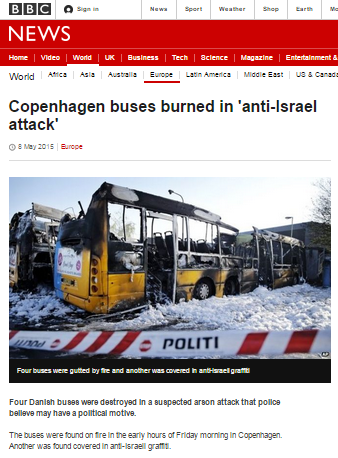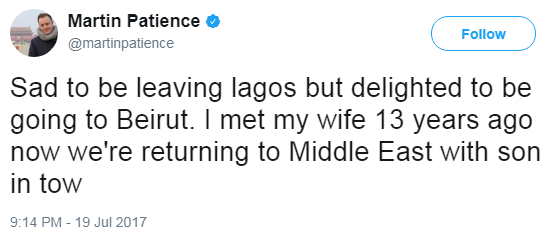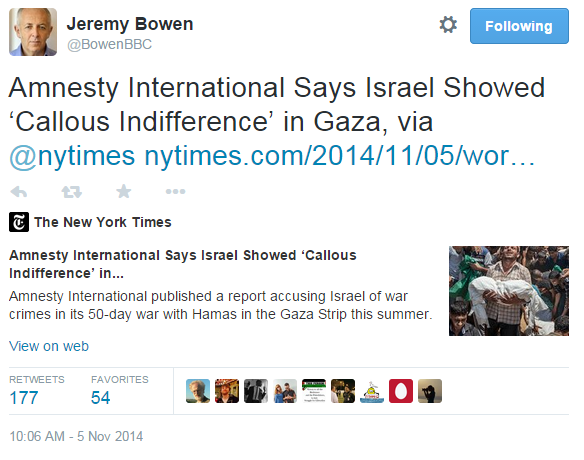Predictably, the BBC has been busy over the past few days churning out a flurry of articles on the subject of US Secretary of State John Kerry’s attempts to get talks between Israel and the Palestinian Authority on final status negotiations restarted. In those articles, care has been taken to ensure that audiences keep their eye on the ball with regard to the BBC’s narrative regarding the ‘peace process’.
In a July 19th article entitled “Palestinians undecided on Kerry peace talks plan” readers are told yet again in a side box of analysis by Lyse Doucet that: 
“…settlements are still a major stumbling block. As Mr Kerry shuttles, Israel keeps announcing plans and permits for new homes.”
Doucet makes no attempt to explain to audiences that in fact there is absolutely no reason why planning committees should not continue their work as no building freeze has been agreed upon and indeed she makes it sound as though the routine granting of planning permissions is some sort of deliberately spiteful move on Israel’s part.
In another article from the same day entitled “Israel and Palestinians reach agreement to resume talks” readers are once again told that:
“The last round of direct talks broke down nearly three years ago over the issue of Israeli settlements in the West Bank and East Jerusalem.”
Of course the last round of direct talks actually broke down in late September 2010 when Mahmoud Abbas refused to continue them after the expiry of a ten-month ‘goodwill promoting’ building freeze which he had ignored for 90% of its existence.
Under the sub-heading ‘stumbling blocks’, readers are told yet again in the same article that:
“The issue of Jewish settlements in the West Bank remains one of the biggest stumbling blocks between the two sides.
The Palestinian president has said that Israel must freeze settlement-building before stalled peace talks can resume, while Mr Netanyahu has urged Mr Abbas to return to talks without preconditions.”
Curiously, it never seems to occur to the BBC to question why Mahmoud Abbas cannot sit down to talks without a building freeze – or why when there was one he avoided negotiations for most of its duration.
Later on in the article the frequently made mistake of inaccurately describing the 1949 Armistice Lines as “borders” is repeated yet again – despite clear guidelines on that subject having only recently been refreshed on the BBC College of Journalism website.
“The settlement issue is just one of several thorny problems which have stymied previous attempts to get the two sides back to the negotiating table.
The Palestinians have also demanded previously that any talks be on the basis of the borders in place from 1949 to 1967, when Israel seized the West Bank, Gaza and East Jerusalem.”
The latest BBC guideline specifically relating to that subject says: [emphasis added]
“The Green Line marks the boundary between Israel and the West Bank. It is properly referred to as the 1949 Armistice Line – the ceasefire line of 1949.
The exact borders of Israel and a future Palestinian state are subject to negotiation between the two parties. The Palestinians want a complete end to the Israeli occupation of the West Bank, Gaza Strip and East Jerusalem, and use the phrase to mean a return to the pre-4 June 1967 borders.
In describing the situation on the ground, take care to use precise and accurate terminology. The Green Line is a dividing line or a boundary. If you call it a border you may inadvertently imply that it has internationally recognised status, which it does not currently have. To that end, we can call the Green Line ‘the generally recognised boundary between Israel and the West Bank’ “
The article goes on:
“The future status of Jerusalem and any “right of return” for Palestinian refugees and their descendents are also core issues in any future peace talks.”
Apparently the writer did not deem it necessary to inform readers of additional “core issues” such as the PA’s incessant glorification of terror and incitement against Israelis.
Right at its end, the article states:
“The Palestinian position is further complicated by the the [sic] fact that Gaza is ruled by the Islamist group Hamas, whereas Mr Abbas’s Fatah movement is in control of the West Bank.
Hamas has rejected the announcement of a return to talks, according to AFP, saying Mr Abbas had no right to negotiate on behalf of the Palestinian people.”
Some might say that “further complicated” is a bit of an understatement. The fact that the PA is not in control of part of the territory it will be negotiating about, and upon which it hopes to establish a state, is clearly a huge issue, as is the fact that the PA president’s legitimate mandate to sign anything on behalf of the Palestinian people expired years ago. Another glaring problem is that the PA clearly cannot claim to be able to give security guarantees on behalf of the range of terrorist organisations including Hamas, the PFLP, the DFLP and the Palestinian Islamic Jihad which are openly hostile to negotiations.
But the BBC apparently has no interest in any in-depth exploration of those issues; instead it keeps audiences focused on the mantra of settlements.
Isn’t it time that BBC audiences got the comprehensive, narrative-free, impartial and accurate analysis which would help them understand all aspects of this issue – to which they are entitled and which they pay for?




